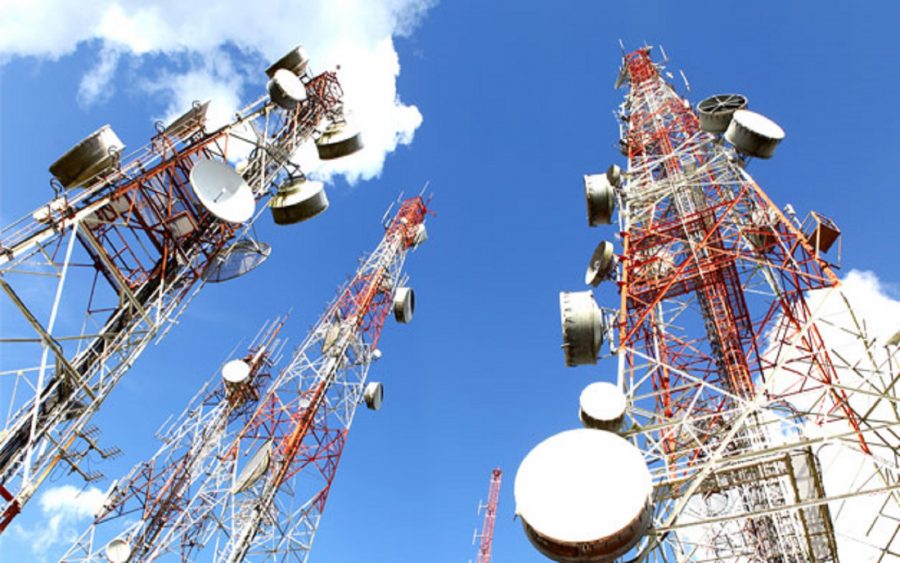
Telecommunications operators in Nigeria are awaiting detailed directives from the Nigerian Communications Commission (NCC) to clarify the framework for implementing the recently approved 50% tariff hike. The NCC is expected to release a “determination document,” which will provide the necessary terms, conditions, and guidelines for rolling out the tariff adjustments.
According to stakeholders present at a virtual meeting last Monday, the new policy allows operators to adjust tariffs within the bands of N6.40 to N50, as defined by the NCC’s 2013 Cost Study. Implementation of the new rates is expected to begin in February 2025.
Tony Emoekpere, President of the Association of Telecommunications Companies of Nigeria, emphasized that tariff adjustments follow a structured legal process under the Nigerian Communications Act 2003 to ensure compliance and fairness.
“Unlike the price of tomatoes in a market, which can be increased or reduced without regulation, telecommunications tariffs are strictly regulated,” Emoekpere explained.
Telecom operators have long been constrained by unchanged tariffs despite rising operational costs due to inflation, exchange rate volatility, and significant investments required to meet growing consumer demand. These challenges have threatened the sustainability of the sector, which contributes 14% to Nigeria’s economy.
Gbenga Adebayo, Chairman of the Association of Licensed Telecommunications Operators of Nigeria, noted that the pricing adjustments follow an established regulatory process. While operators initially sought a 100% tariff increase to offset escalating costs, the NCC approved a 50% hike.
“We don’t operate on one price list. There are different price bands, approved by the NCC, which operators must work within,” Adebayo stated.
However, the move has drawn sharp criticism. The National Association of Telecoms Subscribers issued an ultimatum to the NCC, demanding the tariff hike be reduced to 10% by January 29, 2025. The association has threatened legal action should the commission fail to comply.
Additionally, the Nigerian Labour Congress plans to protest the hike, though it has faced backlash from some groups urging it to focus on its mandate of safeguarding workers’ welfare.
While the adjustment aims to alleviate financial strain on operators, experts argue it does little to address systemic challenges within the industry. The final determination document is expected to clarify implementation details and set the tone for how the sector navigates these pressing challenges.
